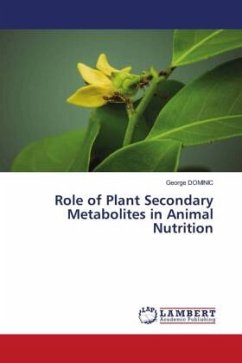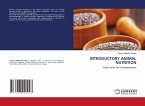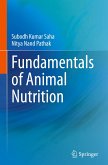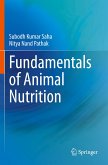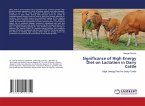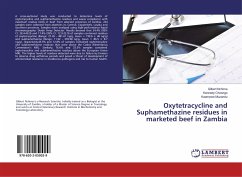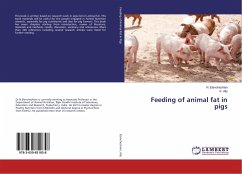Use of agroindustrial byproducts, herbal plants and its residues and crop residues in animal nutrition has been successfully adopted as a strategy to reduce feeding costs, reduce use of antibiotics and also to improve performance of livestock. World health organization encouraged the use of medicinal herbs and plants to minimize or substitute the use of chemicals through the global trend to go back to nature and utilization of medicinal plants as growth promoters in animal feeds were increased during the last few years due to prohibition of most of the antimicrobial growth promoters because of their residual effects. Medicinal plants and herbs are generally considered as safe for human and animal consumption. This book reviews some of the works done on the use of medicinal herbs, seeds, residues as non conventional feed resources or feed additives on performance of different livestock species.
Bitte wählen Sie Ihr Anliegen aus.
Rechnungen
Retourenschein anfordern
Bestellstatus
Storno


